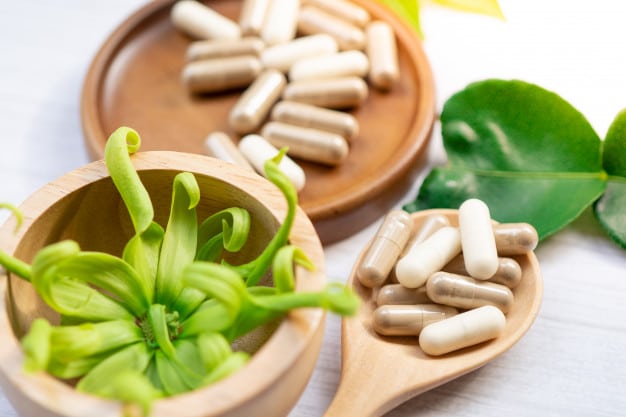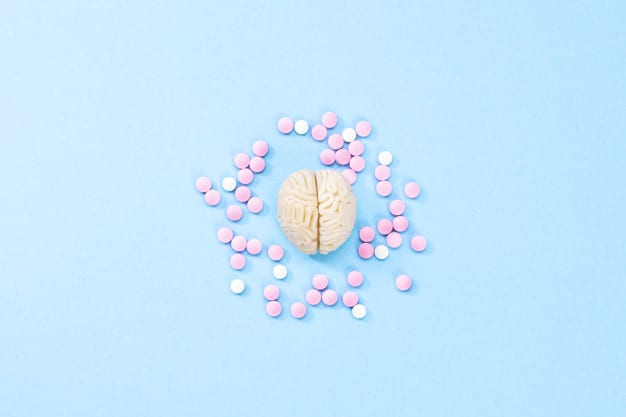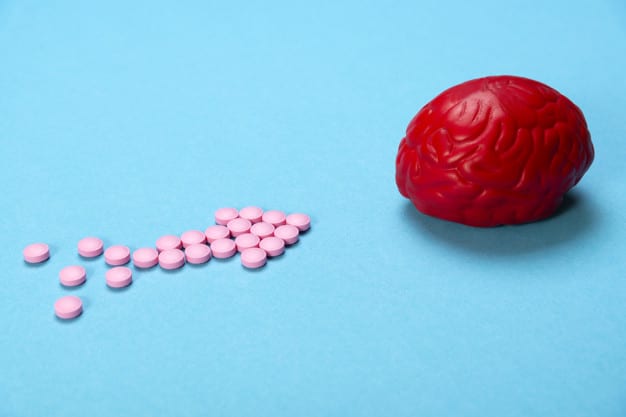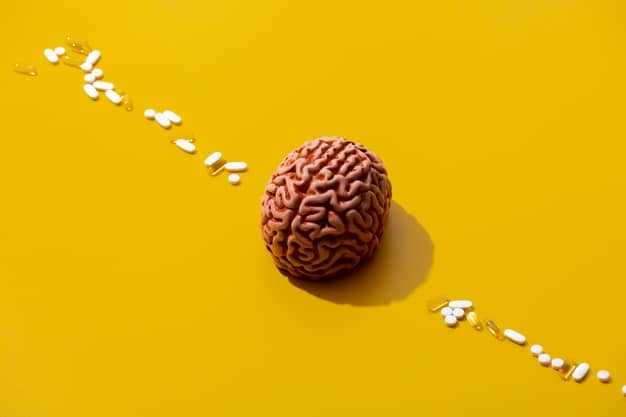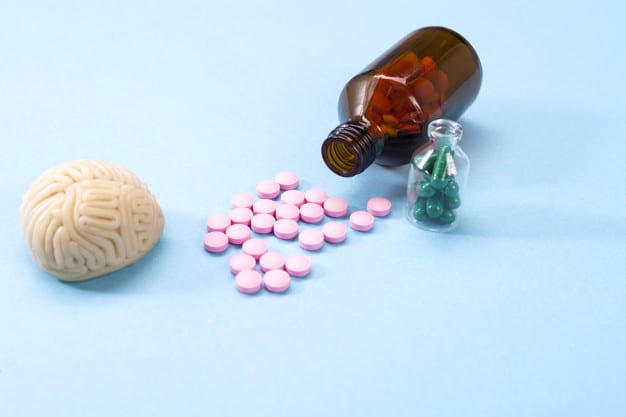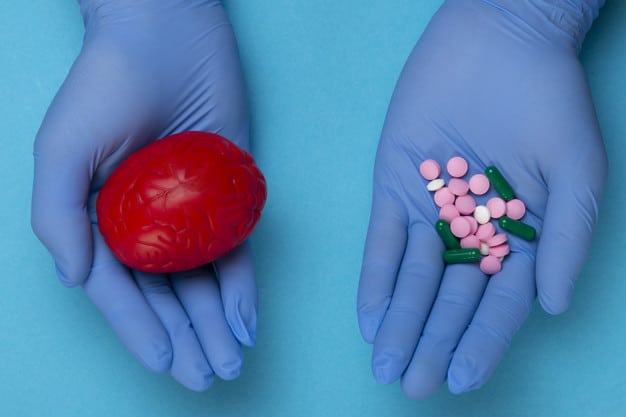Table of Contents
Pterostilbene is an antioxidant compound found in plants such as blueberries, grape leaves, vines, and almonds. It belongs to a class of compounds known as Phytoalexins. Another very popular chemical in the same class is Resveratrol. Pterostilbene and Resveratrol are very similar, but it is said to be the more potent of the two because it has better bioavailability. There are no clinical studies comparing the potency of the two compounds, though.
Due to its antioxidant properties, it is believed to be very useful in combating various medical conditions. You can get the compound from the food sources highlighted above. Blueberries have the highest concentration of Pterostilbene.
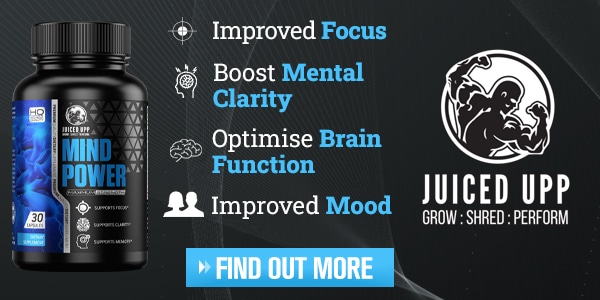
Alternatively, you can take it through supplementation. Pterostilbene dietary supplements are quite common, and they have been linked to a number of health benefits. Sometimes you may also get the supplements under the name trans-pterostilbene.
Uses and Benefits
One of the major challenges of Pterostilbene is the lack of reliable clinical data. The compound has been linked to various health benefits, but the studies supporting these benefits are very few. Some of them are also limited to animal subjects only, so it's unclear whether the compound is as beneficial to humans.
Nonetheless, the limited data available shows it can be useful for:
- Preventing Neurodegeneration
Animal studies show Pterostilbene effectively fights oxidative stress caused by free radicals, which can cause neurodegeneration. The studies also report that it can improve the growth of new cells in different parts of the brain, including the hippocampus. It’s said that the nootropic increases mitogen-activated protein kinases (MAPK), brain-derived neurotrophic factor (BDNF), and cAMP response element-binding protein (CREB) to encourage growth and multiplication of neurons.
Additional studies done on cells also showed Pterostilbene could increase dopamine levels in the brain and fight monoamine oxidase B or MAO-B, which have been linked to Parkinson's disease.
From the data, the product is not just effective for preventing neurodegeneration, but it may also reverse the condition in people who already have it. Sadly, no clinical trials have been published to support the claims.
- Aging and Alzheimer’s Disease
Many Pterostilbene supplements claim to have anti-aging benefits. According to the studies available, the compound can fight aging issues like cognitive decline. It’s neuro-protectant properties also suggest that it can protect aging people from conditions such as Alzheimer's, Parkinson's disease, and other forms of dementia. There have also been studies reporting that it can protect users from heart diseases, and it may also help regulate blood sugar levels. All these are issues that aging people struggle with.
Hopefully, we will see more studies investigating these effects more extensively soon.
- Supporting Weight Management
Weight management is a surprising Pterostilbene effect that was observed in one human trial and several animal studies. In the human trial, Pterostilbene was being investigated for its effects on cholesterol levels. At the end of the study, the researchers observed significant weight loss in the individuals taking Pterostilbene.
Follow up animal studies reported that Pterostilbene might aid weight loss by improving insulin boosting gut flora. This improves the digestion of food. It also increased a useful bacterium, Akkermansia muciniphila, which fights obesity, inflammation, and diabetes.
It also improves insulin sensitivity and prevents the conversion of sugars to fats. It also blocks the multiplication of fat cells.
Take note that all these effects have been observed in animal studies only.
- Boosting Heart Health
Preliminary data shows it can boost heart health and fight various cardiovascular conditions. Its antioxidant properties are already very critical for a healthy heart. Additionally, animal studies show Pterostilbene can reduce the accumulation of bad LDL cholesterol. It also protects the heart against hardening of arteries or atherosclerosis and cor pulmonale or pulmonary heart disease.
- Supporting Liver Functions
Pterostilbene offers antioxidant and anti-inflammation protection to the liver cells. It has even been seen to be effective for fighting fibrosis or scarring and liver inflammatory damage.
- Fighting Inflammation
Pterostilbene’s anti-inflammation effects are not very well-studied. In some studies, the compound is said to be useful for fighting severe acute pancreatitis. In other trials, the compound did not produce significant results in patients with arthritis.
Therefore, while it may be useful for fighting pancreas inflammation, we still do not know the full scale of its impact due to the lack of clinical trials. It’s better to consult a licensed physician for a better-understood alternative.

- Regulating Blood Sugar
Multiple studies have reported that the supplement increases insulin production and sensitivity. Therefore, the drug may be useful in reducing blood sugar. It may also increase the production of liver enzymes involved in sugar metabolism.
Sadly, no human trials have been carried to investigate the efficacy of Pterostilbene on blood sugar. It’s also not clear whether it’s better than the current medications.
Other possible benefits:
- It may prevent vision problems.
- It may help fight certain types of cancer, including breast, prostate, and colon cancer.
Side Effects
It is generally safe and well-tolerated when used at the right dosages. However, at higher doses, Pterostilbene may produce some severe adverse reactions. For instance, some individuals experienced increased LDL cholesterol (bad cholesterol).
Pterostilbene should be used very carefully to avoid complications. In case of any side effects, stop taking the compound and seek medical help right away.
Pregnant and nursing mothers should not use it . Anyone with a medical condition or taking any other drugs should consult a licensed physician before using Pterostilbene.
Dosage
The lack of extensive clinical trials means we don't have any official dosages for this compound. However, from anecdotal experiences, 250mg per day is considered to be the most effective and safe dosage of the product. New users should start with lower dosages of around 100mg per day.
Final Thoughts
Pterostilbene is a very promising compound, but the lack of extensive clinical trials is its biggest drawback. Not only does it make it extremely hard to pinpoint the drug's efficacy, but it also leaves us in the dark in regards to the compound’s safety profile. For such reasons, we encourage you to consult your doctor before taking it.
References
1.https://www.elysiumhealth.com/en-us/science-101/what-is-pterostilbene
2. https://www.verywellhealth.com/the-benefits-of-pterostilbene-89504

